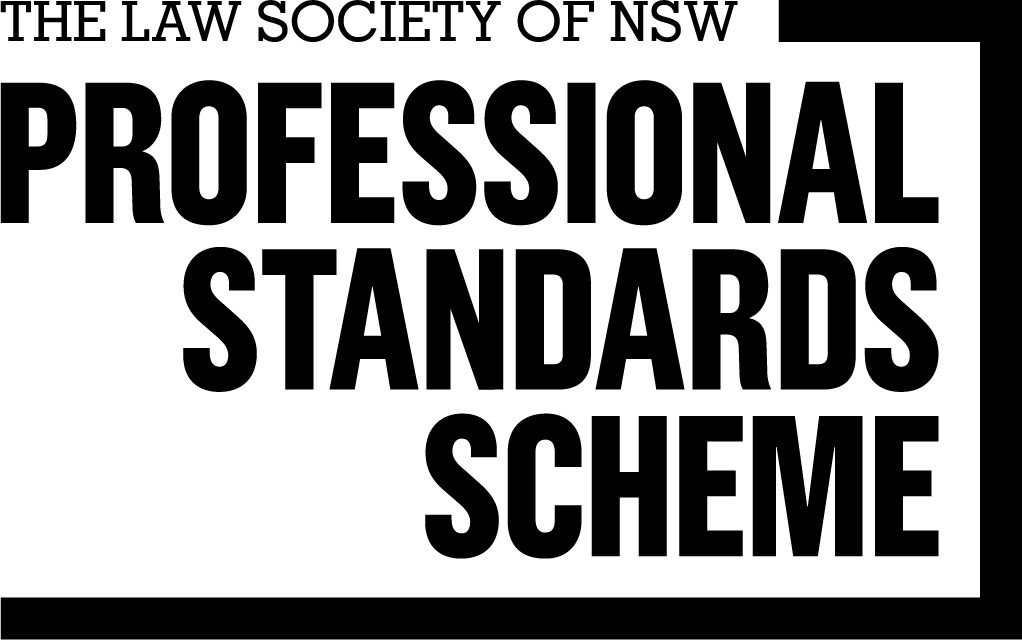My New Years’ resolution was to stop kicking the retail lease legislation dog, and to let the legislation do its important work in peace. After all, the legislation has paid for the education of my children: I should be grateful for its spotty application and its ability to defy rational understanding.
But I am weak, and I have been thinking about Lockrey v Historic Houses Trust NSW [2012] NSWSCA. There is a full moon, and I cannot resist the urge to come out of the cage for another swipe.
The judgment is yet another example of how well-intentioned but poorly executed legislation causes real harm to the tenants it is supposed to protect.
At the outset, I should stress that the judgment itself is sound: it is the legislation that makes you laugh.
Before looking at the detail of the case, it is worth noting that the tenant first applied for consent to assignment of the lease in July 2009. The Court of Appeal finally delivered judgment in favour of the tenant on 10 August 2012, some three years later. Ironically, by the time the consent to assign was obtained, there was only one month of the term remaining.
The case was concerned primarily with the process to be applied to an application for consent to assignment. It is probably fair to say that the case took so long to resolve because both the landlord and the tenant struggled to understand what was required by the legislation. They can be forgiven for this, because trying to apply the legislation to a request for consent is like trying to tap dance in wet cement.
When parties become entangled in the legislated process, rather than in the substantive justice of the case, it is safe to assume that we have thrown the baby out with the bathwater.
The case concerned a deemed refusal by the landlord to consent to the assignment of a lease. In summary:
1. Two individuals were the tenants of the MOS Café, Sydney;
2. The tenants applied for consent to the assignment of the lease from the two tenants, to one of them only;
3. Section 41(a) of the RLA provides that “The lessee must provide the lessor with such information as the lessor reasonably requires concerning the financial standing and business experience of the assignee …“;
4. On receipt of the request for consent to assignment, the landlord requested:
a. a detailed proposal as to how the assignee proposes to clear his current indebtedness; and
b. a statement regarding the assignee’s proposed strategies to avoid future indebtedness;
5. Desultory correspondence ensued, but there was no direct response to the above requirement;
6. Finally, the lessee commenced proceedings in the Supreme Court seeking a declaration that the landlord had unreasonably withheld consent;
7. The court found for the landlord, and the lessee then appealed;
8. The Court of Appeal held that the lessor was not permitted by the RLA to request the information it in fact requested in order to consider the request for consent and held that the consent was deemed to have been granted.
The fundamental requirement comes from section 39(1)(b): a lessor is entitled to withhold consent “if the proposed assignee has financial resources or retailing skills that are inferior to those of the proposed assignor”.
Pausing here, it is evident that the only way a lessor can form a proper view of this issue is to obtain evidence of the respective retailing skills and financial resources of the lessee and assignee.
It is only by undertaking a comparison that the landlord can decide if the assignee’s retailing skills and financial resources are inferior to those of the sitting tenant.
You would expect the legislation to equip the lessor with the tools necessary to make that comparison. It does not.
Section 41(a) requires the provision of information concerning the “financial standing” and “business experience” of the “proposed assignee”. The test to be applied under s39 relates to “financial resources”: the information to be supplied under s41 relates to ‘financial standing‘”. The test to be applied under s39 relates to “retailing skills“, the information that can be required under s41 relates to “business experience“. And under s41, the information to be supplied is confined to the “proposed assignee”. The lessor is not entitled to require any information concerning the sitting tenant.
The legislation requires the lessor to build an aeroplane: it equips the lessor with the tools to build a billy cart.
I can remember a time when Australia was not blighted by retail legislation. In those halcyon days, the test for consent to assignment was generally along the lines that the assignee was “respectable, responsible and solvent, and capable of performing the lease”.
No need for tricky comparisons in that routine. And pretty hard to get lost in procedural complexity. I know I am obtuse, but if the purpose of the retail legislation is to assist tenants, can someone explain to me why the legislation makes tenants jump through more hoops than they had to jump before the legislation was enacted?
Unfortunately, there are real industry participants, engaged in real transactions, who get snagged on the current legislated system.
It is sobering to reflect that in dealing with assignment, the RLA manages to ignore the only important issue: can the assignee perform the lease? This is what the landlord really cares about. And yet under the legislation, this issue can only be addressed tangentially, in the course of the comparative voodoo with which the legislated journey is concerned.
Ask me to explain to a client how the assignment system works. I would find it easier to explain indefeasibility to a wombat.
Download PDF here – Retail lease legislation – doing more harm than good




